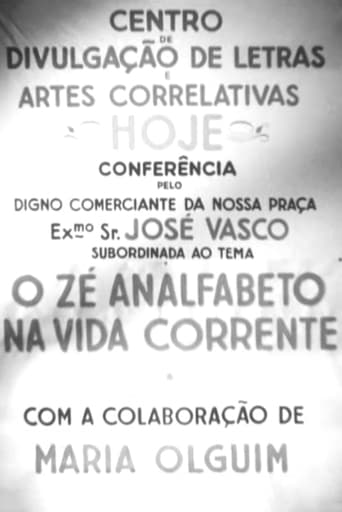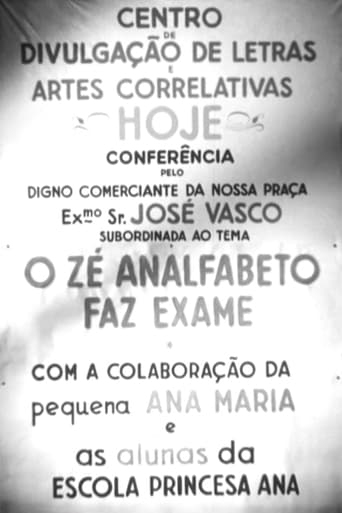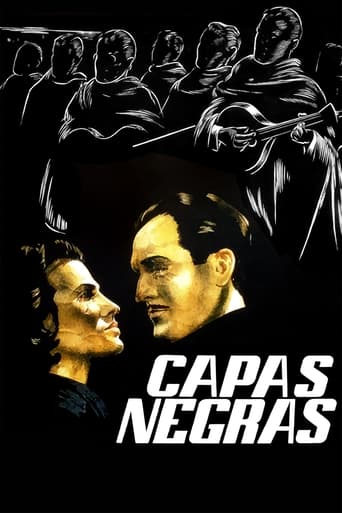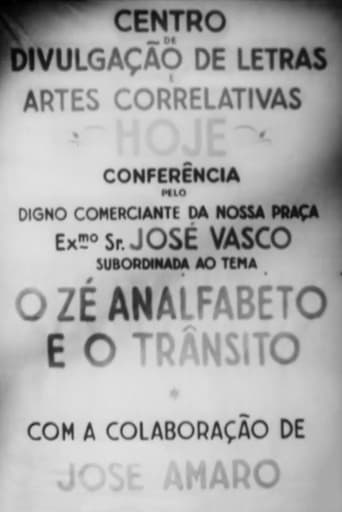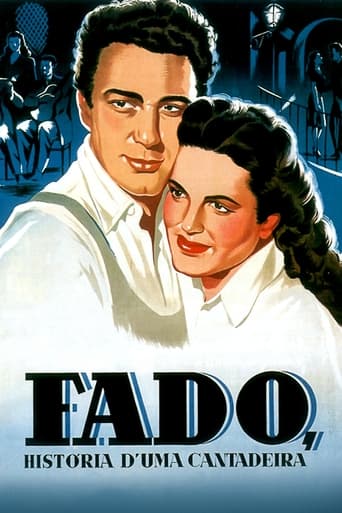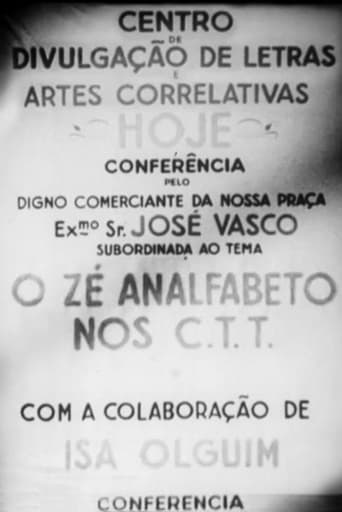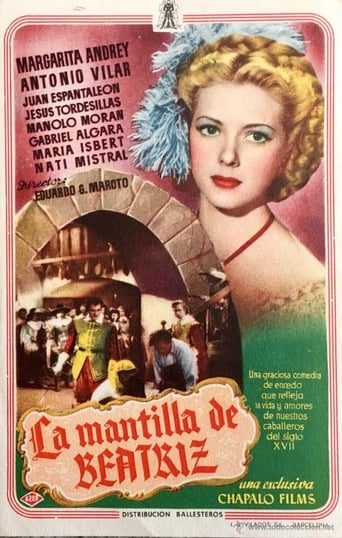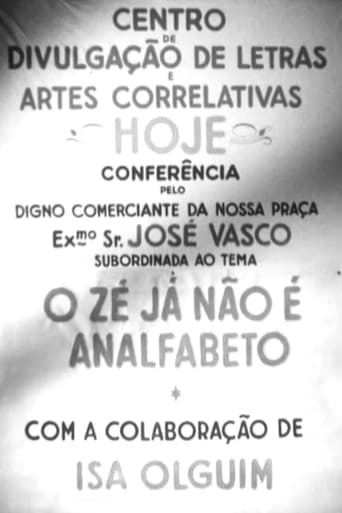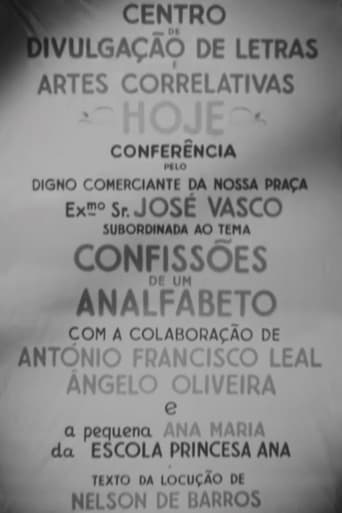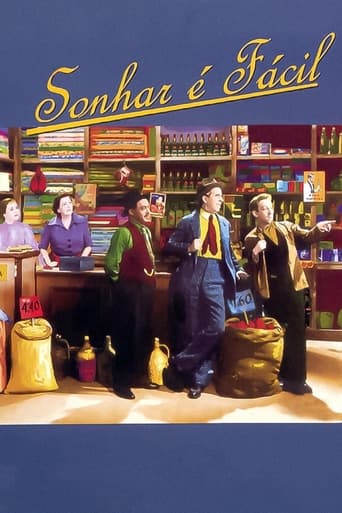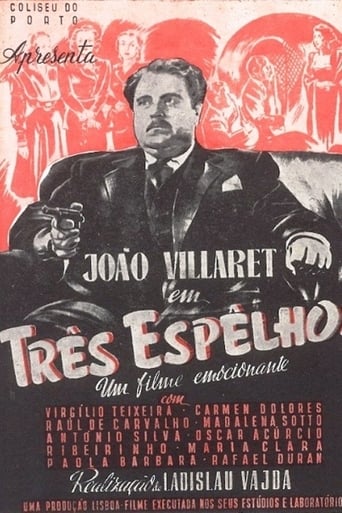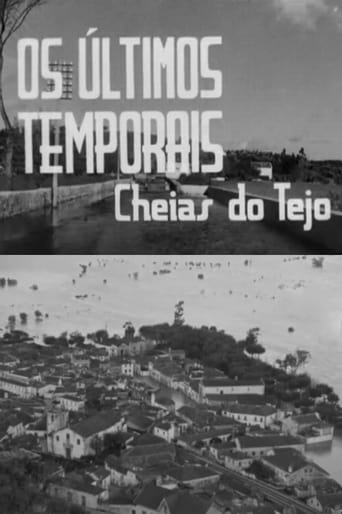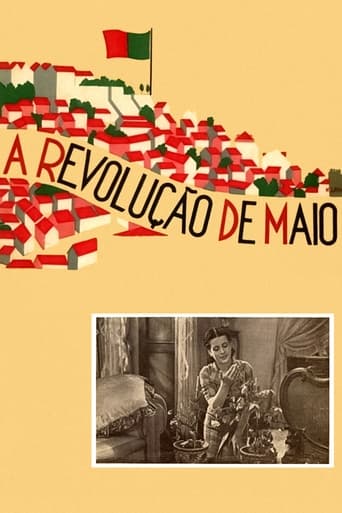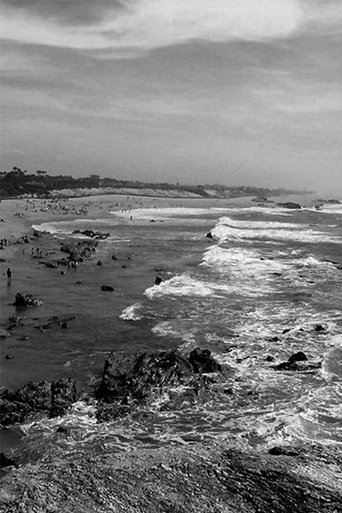Lisboa Filme
Black Cloaks 1947
The great fadista, Amelia Rodrigues, made her screen debut in Capas Negras, which took its name from the black capes worn by the students in the university city of Coimbra, where the film is set. The action begins in a tavern where a group of former students are reminiscing about their time at the university. One of the students, Jose Duarte then breaks into song, performing an impromptu fado in the local Coimbra style. The tavern owner's niece, the aptly named Maria Lisboa promptly retaliates with a fado of the Lisbon variety. The melodramatic plot then centers on the frustrated romance between these two characters, and the soundtrack is essentially a musical duel between these two different styles of Portugal's national song.
Fado, a Singer's Story 1947
Ana Maria loves a modest guitar player, Júlio; when she herself in a 'retiro' (typical fado tavern), public and critics rend major applause. Fame brings about new friends, namely bohemian young who play and sing the fado with her, and not so young men but who rich and powerful enough to patronize her, promote her, and wish to become intimate with her. Júlio the guitarist feel betrayed, and he sets his mind to depart to the African colonies, to leave her forever. Knowing that he's going to embark, Ana Maria's heart between her first love, and the appeal of the rich and famous.
Os Três da Vida Airada 1952
A typesetter is an amateur stage director, and his niece and an employee are stage actors. When they have an opportunity to go professional, differences arise between the two men. Things get worse when the employee starts seeing the girl even when there is no need for rehearsals - and the uncle opposes their relationship.
La mantilla de Beatriz 1946
In XVII century Portugal two friends change identities so one of them can escape an unwanted marriage to Beatriz.
Frei Luís de Sousa 1950
The tragedy of a woman who - after seven years of vain searches - gave up hope of finding her husband, a knight lost in battle in Marroc with Sebastião, king of Portugal. She marries, has a daughter by her second husband, and endures the silent reproach of an aid, Telmo Pais, the only who kept his hope that his master shall return, as well as the king... One day, a mysterious pilgrim arrives at the mansion.
Sonhar é Fácil 1951
Mr. Silva has a dream: to live in the countryside and become a farmer. And one day it happens. He inherits a farm from an old aunt. But not everything will be roses, as Mr. Silva soon finds out...
Três Espelhos 1947
When a businessman's car crashes and burns, inspector Moisés of the criminal brigade is given the case, as the body has been stabbed. He'll try to reconstruct the financier's personality by the mirrored impressions on those who knew him.
Madragoa 1952
O Violino de João 1944
João, a music teacher, tells his students the story of how twenty years earlier he fell in love with Anustchka, a circus performer, whom he left everything for.
Os Últimos Temporais - Cheias do Tejo 1937
A series of images documenting the floods of the river Tagus. This film has been recovered and made available by the Cinemateca Portuguesa.
A Garça e a Serpente 1952
Melancholic and atheist bank clerk Manuel is stuck in a love triangle with two women, the fiery art model Albertina and the quiet and religious Ana Maria. After spending several years working in Africa, Manuel returns to Portugal only to find both women already married, and his life marred by problems.
Rosa de Alfama 1953
Rosa Maria, whose father is a sailor, was picked up by Tomé, having a child of her son Renato, who is expelled from home.
A Revolução de Maio 1937
The most well-known fascist propaganda film in Portugal. A communist man falls in love with a woman of Salazarian beliefs and changes his way of looking at things.
Miramar, Praia das Rosas 1938
The film exhibited the community and the beach, "how I new and it was shown to me" (Manoel de Oliveira) by the Meneres family, that had a house in Miramar. The film is currently lost.
